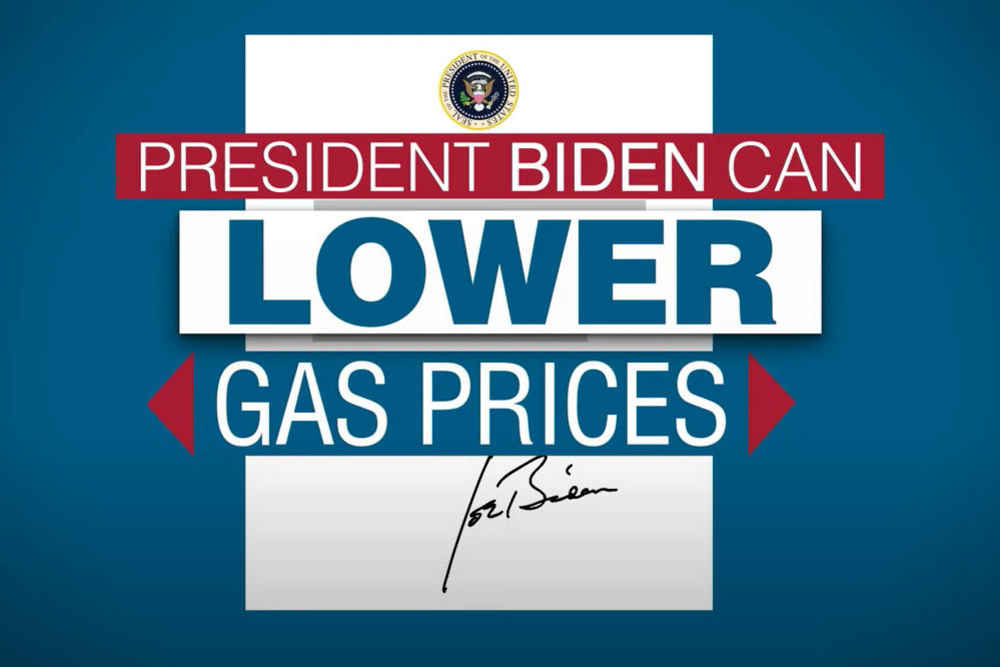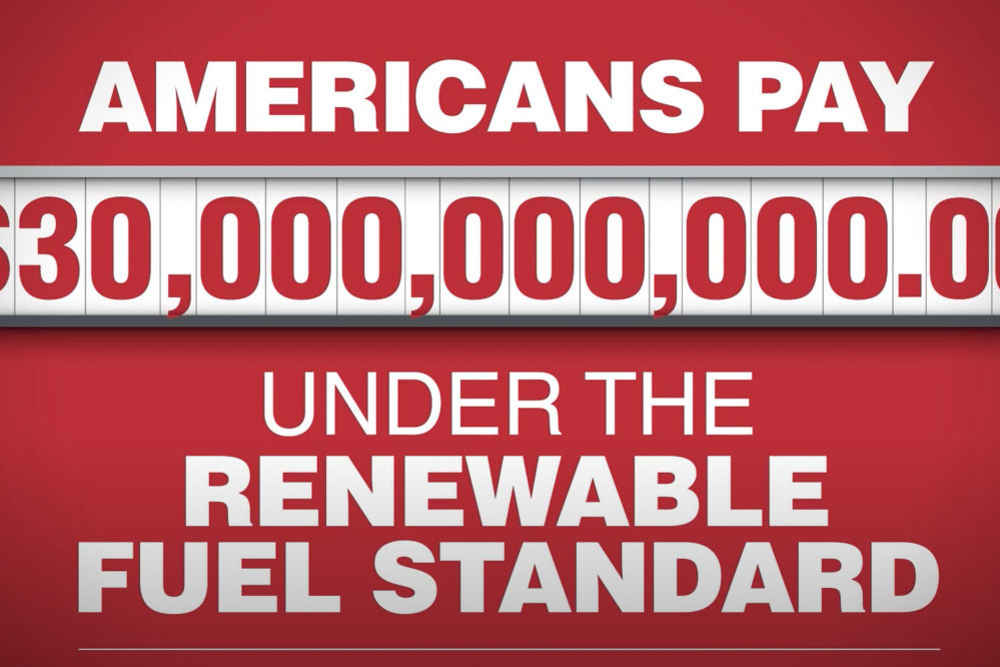On November 22, 2023, a U.S. appeals court struck down the Biden Administration’s decision to deny all small refiner petitions for exemptions from the federal Renewable Fuel Standard, or RFS. This decision was a win for small refiners. It could also be a lifeline for the broader U.S. independent refining sector, which could continue to unnaturally contract if the unproductive and unsustainable costs of the RFS remain unaddressed. Here’s a breakdown of the decision and what it means.
The Renewable Fuel Standard, one component of which is our nation’s ethanol mandate, sets specific Renewable Volume Obligations (RVOs) each year. Congress recognized the potential financial strain this program could create for certain refineries and empowered the Environmental Protection Agency (EPA) to offer exemptions, as well as establishing various waiver authorities. Among them, the EPA can grant temporary exemptions for small refineries experiencing economic hardship, allowing them to bypass annual target volumes under the RFS. These are called Small Refinery Exemptions, or SREs.
To apply for an SRE, small refiners have to prove that compliance with the agency’s mandated RVOs would cause them to suffer significant economic hardship. For years, EPA would use a federal scoring matrix designed by the Department of Energy (DOE) to evaluate the full impact of disproportionate economic hardship on small refiners.
In July 2023, the Biden administration denied all outstanding SRE petitions, and established a framework for essentially denying all future SREs, contending that any claim of economic harm had to be exclusively attributable to the RFS.
- According to that logic, refineries could not be exempt from meeting RFS targets if they were experiencing other economic hardships, such as the sudden drop in demand that occurred during the pandemic, that high RFS compliance costs made worse.
- Subsequently, the Biden administration retroactively denied 26 petitions from 15 small refineries that applied for waivers for the 2016-2018, as well as denying petitions for the 2021-2023 compliance years; it extended 0 waivers.
- For context, the Trump administration granted 34 exemptions to oil refiners for the 2017 compliance year.
Six small refineries took the EPA to court to petition that decision. They won. In November, the U.S. Court of Appeals for the Fifth Circuit ruled that EPA had “completely abandoned” the scoring matrix in its April 2022 denials.
The Fifth Circuit Court determined that…
1.EPA’s long-held contention that the “economic harm” has to be exclusively attributable to the RFS is an irrational reading of the statute.
“Under EPA’s new interpretation, RFS compliance costs must be the sole cause of a small refinery’s disproportionate economic hardship. In other words, a small refinery will receive an exemption only if it can show that it has incurred disproportionate RFS compliance costs. Petitioners insist that that is an unreasonable construction of the statute. We agree.”
According to the Fifth Circuit, the EPA wrongly theorized that SREs could be granted only if refiners petitioning for the exemptions could prove disproportionate economic hardship exclusively attributable to RFS costs. The court concluded the definition of “economic hardship” should be considered more broadly. This creates new questions about the EPA’s interpretation of its ability to grant RFS waiver requests states or obligated parties – other than just small refiners - are allowed to petition for on the basis “severe economic harm.”
2.The decision infers that once small refiners meet the criteria, the EPA is required to grant the waivers.
“Petitioners have a protectable property interest because the small refinery exemption is ‘an entitlement expressly created by statute,’…which EPA ‘shall’ grant for any small refinery that shows ‘disproportionate economic hardship…The [Clean Air Act] defines the factors EPA must consider in deciding whether to grant or deny an exemption, and, once those factors have been satisfied, the agency is legally obligated to grant such a petition.”
In other words, the court is indicating that if a small refinery demonstrates it is experiencing economic hardship, EPA must grant the SRE, unless it can factually counter the small refineries’ claims.
3.The previous 10th Circuit Court decision, which EPA has used for justification in creating its newly conceived SRE framework, has been vacated in full.
"The initial Tenth Circuit panel opinion—which held that EPA’s prior approach of finding disproportionate economic hardship allowed the agency to act ‘outside the scope of [its] statutory authority’ when ‘[g]ranting extensions of exemptions based in part on hardships not caused by RFS compliance’—was vacated by a subsequent Tenth Circuit panel,” the Court found.
EPA and the biofuel lobby have continuously referenced a 10th circuit court opinion that put the entirety of the SRE program in question as justification to essentially zero out SREs, even after the Supreme Court completely vacated the decision. The 5th circuit accurately emphasized that the 10th circuit court opinion is null and void in its entirety and, as such, cannot be used to justify any policy choices.
4. The court firmly stated that EPA’s long held (false) contention that all refiners can completely recover their RIN costs is, “contrary to the evidence.”
“We agree that EPA’s RIN-passthrough theory is contrary to the evidence. EPA’s second finding—that all refineries can completely pass on their RIN costs—is so implausible as applied to petitioners that it cannot be ascribed to a difference in view or agency expertise.”
EPA has repeatedly contended that all refineries are able to recover RIN costs by passing them through to customers. The Fifth Circuit vehemently rejects that “implausible” logic, detailing where EPA failed to adequately counter factual evidence about market differences petitioners had submitted for the record.
The ruling is a win for our nation’s remaining domestic refiners, particularly the small and independent refiners struggling to stay a step ahead of volatile RIN prices, which should have broader implications for the application of the RFS program. While it was a case about SREs specifically, the court completely rejected key arguments EPA has used in denying or failing to advance needed RFS reforms, from the rejection of state RFS waiver requests, denials of petitions to change the point of obligation, or simply lowering unachievable ethanol volumes to prevent severe economic harm. Rather than wait for the courts to strike down more RFS-related actions, EPA should expeditiously advance needed RFS reforms to not only protect consumers and domestic refiners but provide more long term certainty to the market.



